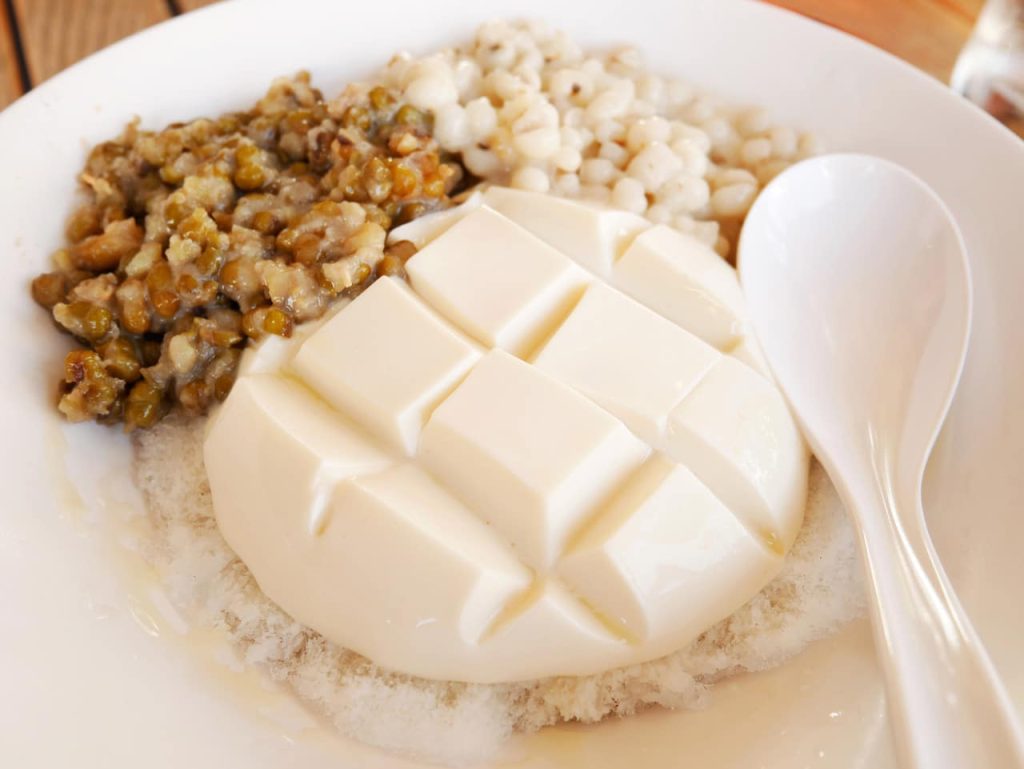When you have digestive problems or disorders related to intestinal transit, experts usually recommend following a soft diet to reduce discomfort and cut diarrhea or cramps. Food is key to strong and stable health, so you must know the premises of a soft diet.
In this article, we want to find out what foods are on a soft diet and, in this way, you can design your diet at times when you don’t feel completely well or have gastrointestinal conditions.
What Should I Eat On A Soft Diet?
A soft diet is a type of diet that aims to improve digestive processes and cut off conditions such as diarrhea or stomach upset. To do this, you must bet on introducing light and easy-to-dig foods, as well as ingredients with astringent properties to cut the liquid evacuation of the stool.
If you want to know what foods are on a soft diet, take note of these recommended ingredients:
– White rice (never brown)
– Potatoes boiled or baked, without spices or sauces
– Yogurts or skim dairy products due to their high probiotic content
– Hard-boiled egg or egg prepared with little oil (never fried)
– Light protein such as chicken or fish protein, unseasoned and always grilled or boiled
– Fruits such as banana or apple without skin
– Raw olive oil
– Light sausages like turkey
– White bread, never whole wheat
What Should I Not Eat On A Soft Diet?
To improve the health of your digestive system, it’s also imperative that you know those foods you shouldn’t eat during a soft diet. They are stronger, fatter, or seasoned ingredients that can make the health of our stomach worse and therefore make us feel worse. They are the following:
– Raw Vegetables
– Spices or sauces
– Processed meat (hamburgers, cold cuts, sausages, etc.)
– Legumes
– Fried or battered foods
– Vegetables such as onions, peppers, turnips, or cucumbers
– Citrus fruits or fruits with skin
– Whole wheat flour
– Alcohol
– Coffee or tea
– Whole milk
– Drinks with gas
– Chocolate
– Sweet food or pastry
Some Recommendations
Now that you know what foods are on a soft diet and which are not, you must take into account some recommendations that will help you follow this diet and thus improve your health.
Duration of the diet from 2 to 3 days. During this time, your digestive system will begin to improve and reduce pain, swelling, and the presence of diarrhea. From the third day, you can start introducing foods that are light and easy to digest.
Eat slowly. One of the main digestive problems comes because we don’t chew food well and our stomach has to be taken care of diluting and metabolizing them. The best thing is that you eat slowly, chewing well, and without distractions like television or the Internet.
Frequent foods. The most recommended when it comes to making a soft diet is that you eat several times a day in small portions of food. This way, you’ll keep your stomach from getting too full and your metabolism working for much of the day. Divide your meals into 5 or 6 shots a day to improve your digestion.
Reduce the salt. It is also essential that you reduce salt intake and bet on low-sodium prescriptions. If you want to enrich your dishes, nothing better than opting for herbs like thyme or oregano. Remember that you shouldn’t spice up your dishes, let alone use spices like pepper or spicy.
Drink lots of water. Good intestinal transit depends very much on your hydration. Therefore, to improve your gastric health, nothing better than drinking plenty of water during your day-to-day life. Experts recommend taking 1.5 to 2 liters a day so that our body is properly hydrated and fully functioning.
Light dinner. At dinnertime, our metabolism slows down and, therefore, it is important to have dinners that are low in energy and digestive. Opt for lean protein cooked in the oven, grilled or boiled and, if you like, accompany you with a little boiled potato.
No fat. A soft diet is a diet in which fats are not allowed, as they are difficult to digest. Therefore, avoid meats too high in fat, as well as recipes with plenty of oil or sauces.

